Sonata Addiction and Withdrawal Symptoms Treatment Guide
GET HELP TODAY!
100% Confidentiality Guaranteed


Understanding Sonata (Zaleplon): Insomnia Relief, Risks, and Path to Recovery
- Fast-acting insomnia medication: Sonata (zaleplon) is a prescription sedative-hypnotic that helps users fall asleep quickly, but it doesn’t help maintain sleep throughout the night.
- High potential for misuse: Classified as a Schedule IV controlled substance, Sonata’s short-lived effects prompt some users to misuse it—such as breaking and snorting the powder—for a faster onset.
- Addiction and withdrawal risks: Long-term or high-dose use can lead to physical dependence, with withdrawal symptoms that may include anxiety, hallucinations, seizures, and rebound insomnia.
- Professional medical detox recommended: Safe discontinuation under medical supervision is critical. Detox programs can support withdrawal management and the transition to treatment.
Table of Contents
What Is Sonata?
Sonata is the brand name for zaleplon, a medication used to treat insomnia. It helps people fall asleep quickly but doesn’t last long in the body. This makes it useful for short-term sleep problems but not for people who wake up during the night. Sonata is a sedative-hypnotic drug that slows brain activity to promote sleep.
Doctors in the United States can prescribe it legally. It usually comes in capsule form. Some people who misuse it break the capsules and snort the powder to feel a faster effect.
Sonata is a Schedule IV controlled substance, meaning it has accepted medical use but also potential for abuse. While it’s not the most commonly misused sleep aid, people with anxiety or long-term insomnia may take more than prescribed.
Is Sonata Addictive?
Sonata addiction can happen, especially with long-term or high-dose use. The drug is meant for short-term relief, but using it for weeks or months increases the risk of dependency. This is even more likely when combined with other drugs or alcohol.
In 2017, the National Survey on Drug Use and Health found that over 18 million people misused prescription drugs. Sonata, while often seen as a safe sleeping medication, can cause addiction if not used properly. Signs of addiction include:
- Needing more Sonata to fall asleep
- Trying to get prescriptions from multiple doctors
- Physical withdrawal symptoms when stopping
- Feeling unable to sleep without it
- Craving the drug or misusing it in dangerous ways
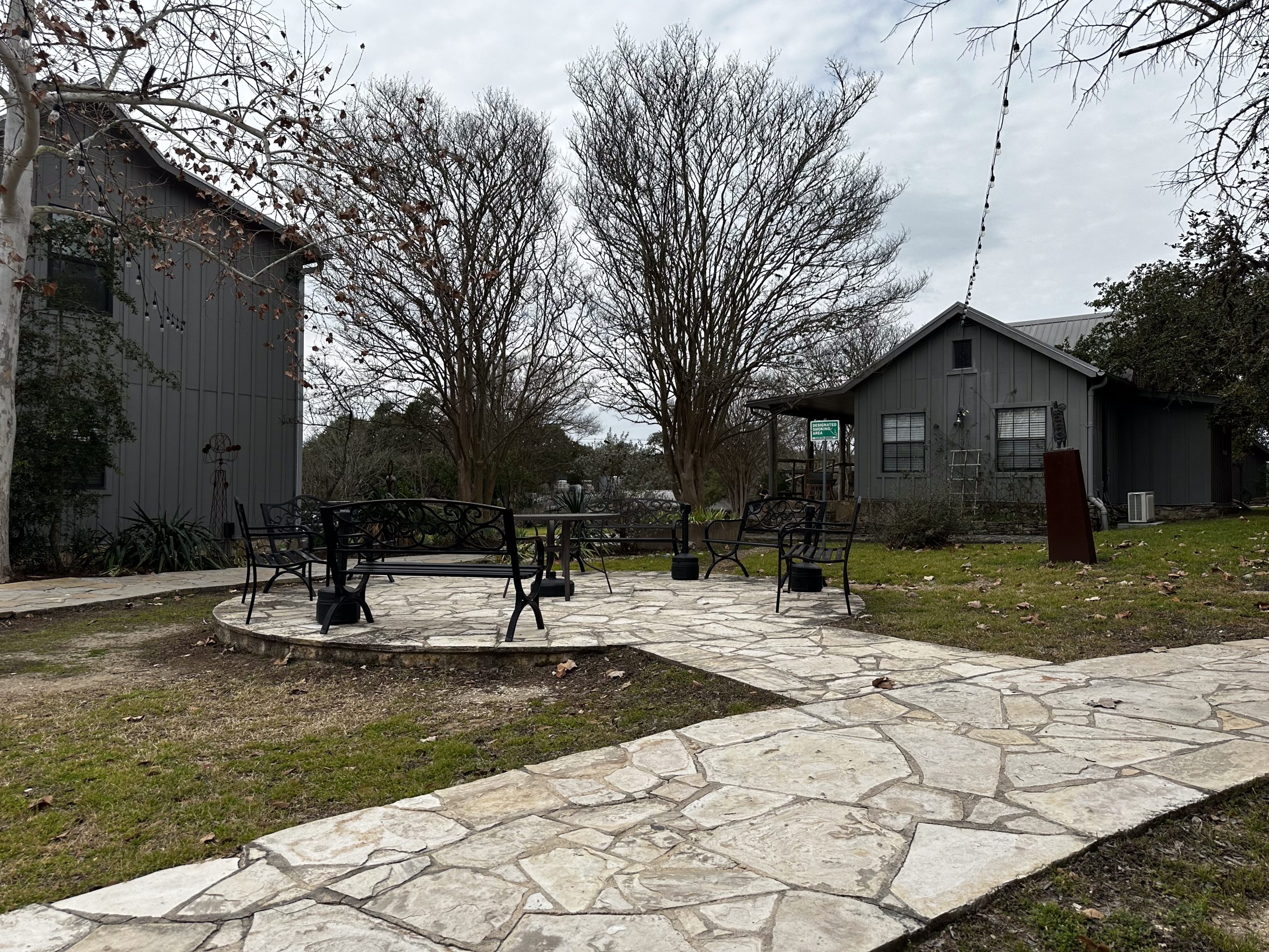

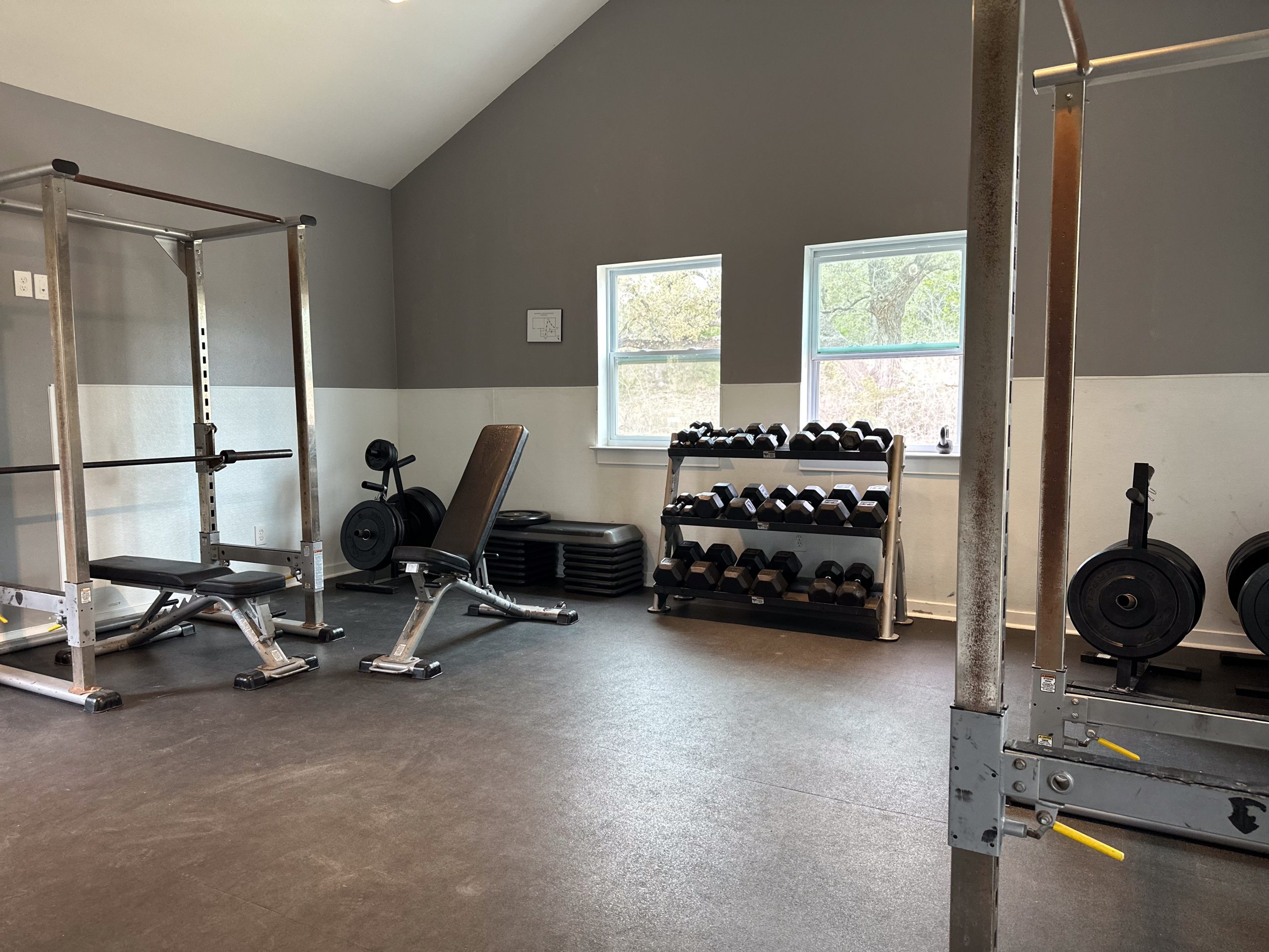
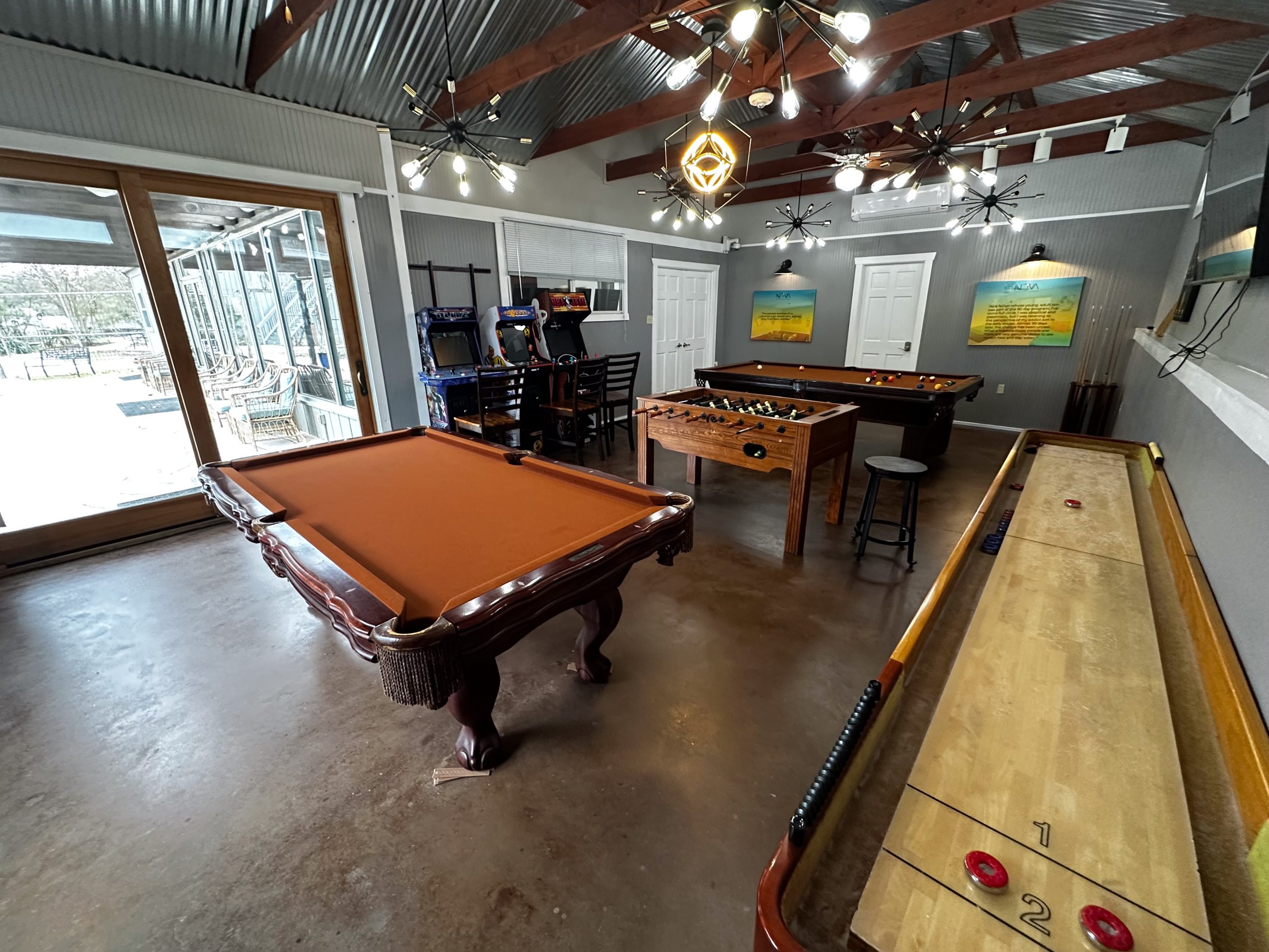
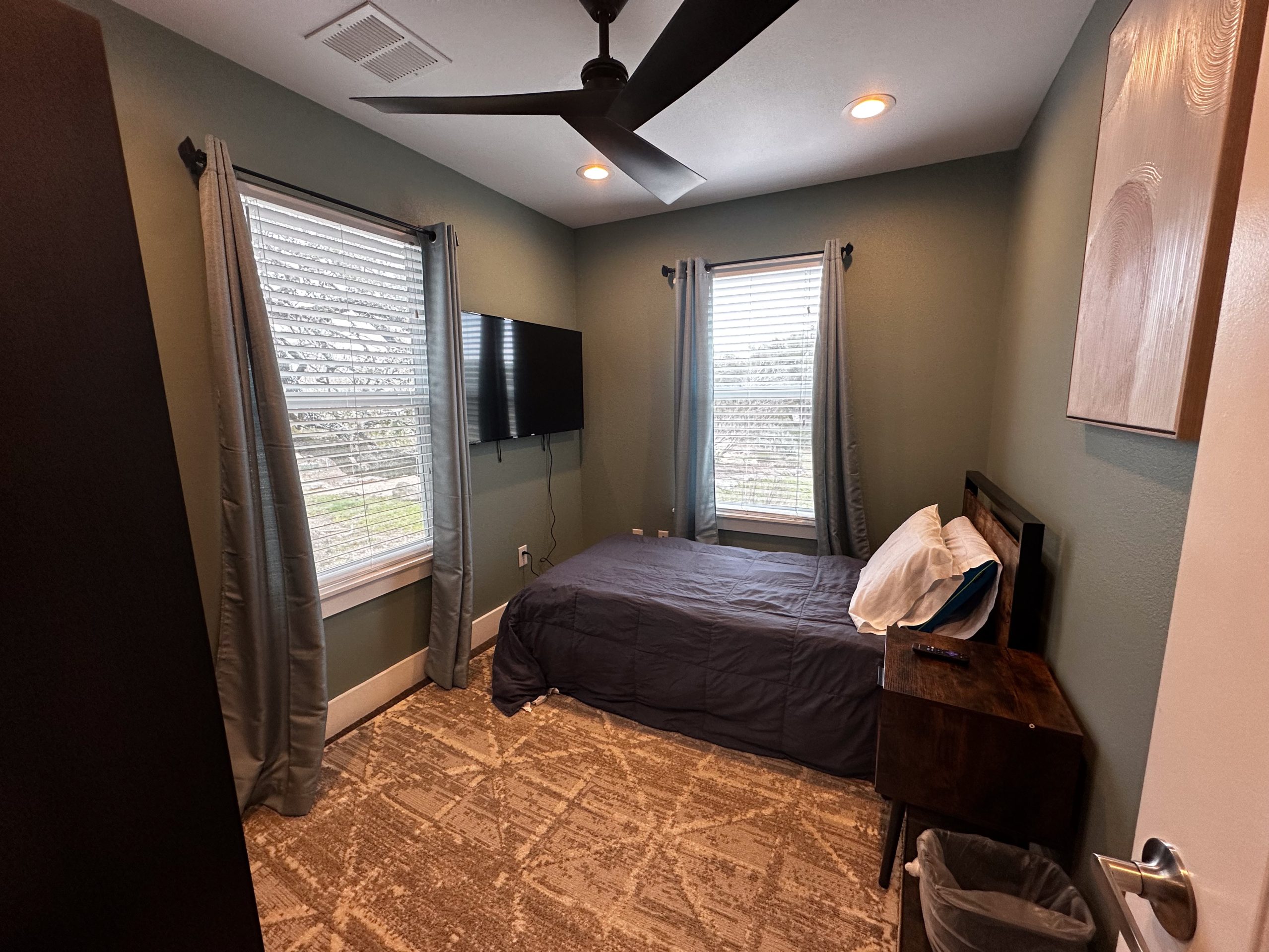

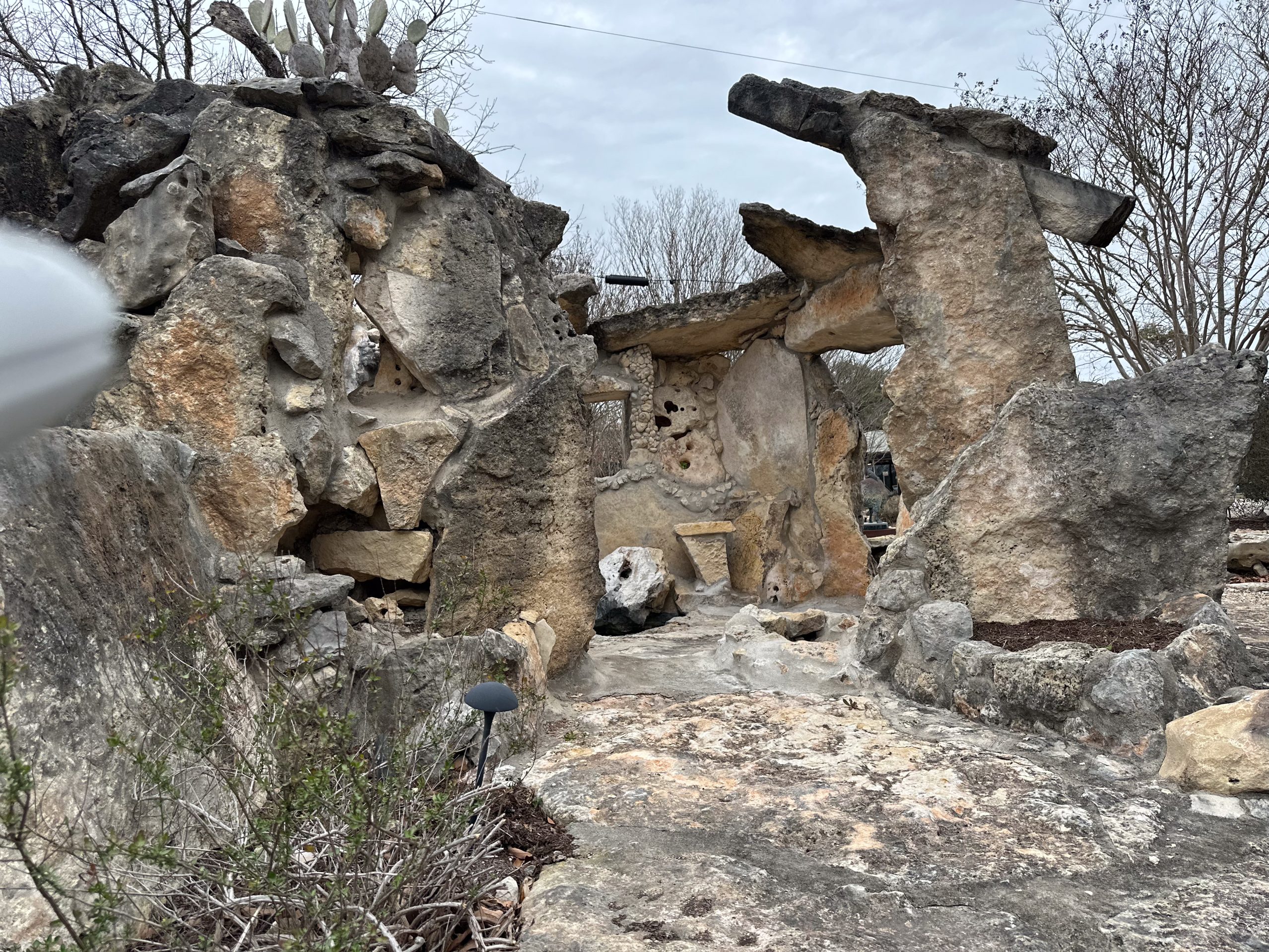



Sonata vs. Ambien
Sonata and Ambien both treat insomnia, but they work differently. Sonata acts quickly and leaves the body within hours. Ambien lasts longer and helps with both falling and staying asleep. People who wake up often during the night may do better with Ambien. Others who just need help falling asleep may prefer Sonata.
Both drugs are prescription-only and may cause dependence. Always ask a medical professional which one is best for your needs.
Street Names for Sonata
People sometimes refer to Sonata by nicknames like:
- Tranks
- Sleepeasy
- Downers
These names are common among those who misuse sleeping medications.
Discover More About Sedatives and Tranquilizers
Everything You Need to Know...
Side Effects of Sonata Abuse
Taking Sonata in ways other than prescribed can lead to serious health risks. People may misuse it to escape stress or to boost the effects of other drugs including alcohol. This can be extremely dangerous.
Short-Term Side Effects
- Drowsiness
- Confusion
- Headache
- Dizziness
- Nausea or vomiting
- Hallucinations
- Lack of balance
- Mood swings
Long-Term Side Effects
Using Sonata for a long time or at high doses may lead to:
- Depression
- Memory loss
- Rebound insomnia
- Emotional outbursts
- Physical dependence
- Increased tolerance
- Mental health issues
Mixing Sonata with other prescription drugs, drinking alcohol, or using illegal substances increases the risk of overdose.
Freedom Starts Here. Take Back Your Life Today.
Same-Day Admissions in Austin Available.
Sonata Withdrawal Symptoms
When someone suddenly stops taking Sonata after regular use, symptoms of withdrawal can appear. These can be physical or emotional and may be severe.
Common symptoms include:
- Anxiety
- Shaking
- Sweating
- Muscle weakness
- Rebound insomnia
- Hallucinations
- Nausea or vomiting
- Suicidal thoughts
- Depression
- Seizures
These symptoms can be dangerous without medical supervision. That’s why detox under a healthcare professional is important.
Medical Detox for Sonata
Medical detox helps you stop using Sonata safely. Medical staff offer 24/7 support and sometimes use medication to ease physical withdrawal symptoms. This is known as medically assisted detox. The goal is to make the process more comfortable and reduce health risks.
A detox program also prepares you for the next step: addiction treatment.
Sonata Withdrawal Timeline
Withdrawal symptoms vary by person, but most people follow a similar pattern.
- 4 hours after last dose: Mild symptoms like irritability and trouble sleeping may start.
- 1–2 days: Symptoms often get worse. Nausea, sweating, and mood swings are common.
- 1–2 weeks: Some people still have insomnia and anxiety. Emotional symptoms may continue.
- 2–3 weeks: Most physical symptoms fade, but emotional issues like depression may last longer.
Symptoms of withdrawal vary depending on medical conditions, dosage, and duration of use. Always consult a healthcare professional for guidance.
Treatment Options for Sonata Addiction
Getting sober is possible. Many people start with detox, then move to addiction treatment. There are several treatment options available.
Inpatient Drug Rehab Programs
In an inpatient program, clients live at the facility and receive full-time care. These programs offer:
- One-on-one counseling
- Group therapy
- Behavioral therapies
- Education on addiction
- Relapse prevention
- 12-step programs
This level of care is best for people with severe addiction or mental health issues.
Outpatient Treatment Options
Outpatient programs allow people to live at home and attend treatment during the day or evening. It’s a flexible option that works well for people with jobs or family responsibilities. Clients still receive support but with fewer restrictions.
How to Get Sober Without Rehab
Some people wonder how to get sober without rehab. This may include support groups, lifestyle changes, and seeing a doctor regularly. While it can work for some, most people need more structure, especially if they’ve relapsed before.
A custom treatment plan can help you choose the right level of care. Your plan will depend on the severity of your addiction, mental health condition, and support system.
More Time. More Joy. More You. Start Now.
WE ACCEPT MOST INSURANCES







Paying for Treatment
Treatment costs vary based on the facility, location, and services offered. Options to cover costs include:
- Health insurance
- Out-of-pocket payments
- Financing plans
- Employee Assistance Programs (EAPs)
Make sure to check your health insurance plan for coverage details. Treatment centers often help with insurance verification.
Sober Living Programs
After rehab, many people transition into sober living programs. These are drug-free homes where residents continue their recovery. Services may include:
- Regular drug testing
- Help with job searches
- Personal accountability
- Coaching and monitoring
- A three-phase recovery plan
These programs help prevent relapse and prepare people for life after rehab. Residents gain tools for long term sobriety.
Aftercare Programs
Aftercare is a helpful way to continue recovery. Weekly group meetings allow people to share challenges and get support. Talking with others in recovery builds connection and accountability.
Aftercare is useful for anyone in long term recovery, especially after inpatient rehab. It keeps people on track and helps them stay sober.
Prevent Relapse and Stay Sober
Preventing relapse takes ongoing effort. Tools like 12-step programs, therapy, and sober living homes can support your recovery. The recovery process is different for everyone, but a strong support system makes success more likely.
If you’re struggling with substance use, mental health issues, or prescription drug dependence, it’s important to seek medical care. Help is available.
Take the First Step Toward Recovery
Sonata addiction doesn’t have to control your life. Recovery is possible with the right help. Medical supervision, detox programs, and addiction treatment options can guide you toward long term recovery. Whether you’re looking into inpatient care or sober living programs, there’s a treatment facility that can meet your needs.
If you or a family member needs help, reach out to Nova Recovery Center. Our team can explain your treatment options and help you start your recovery journey safely and effectively.
Sonata (Zaleplon) FAQs: Uses, Risks, and Insomnia Treatment Options
What is Sonata?
Sonata is the brand name for zaleplon, a prescription sedative-hypnotic medication. It is part of the “Z-drug” class and is designed to help people fall asleep faster, though it does not maintain sleep throughout the night.
What is the medication Sonata used for?
Sonata is prescribed for the short-term treatment of insomnia, specifically for difficulty falling asleep. It works quickly in the body, which makes it effective for sleep onset but not for staying asleep.
Is Sonata like Ambien?
Yes, Sonata and Ambien (zolpidem) are both sedative-hypnotics used for insomnia. However, Sonata acts faster and leaves the body sooner, making it more suitable for sleep initiation, while Ambien may help with both falling and staying asleep.
Is zaleplon a good sleeping pill?
Zaleplon can be effective for short-term use in people who struggle with falling asleep. However, it carries a risk of dependence and misuse, so it is not recommended for long-term management of insomnia.
Is zaleplon a narcotic?
No, zaleplon is not a narcotic. It is classified as a Schedule IV controlled substance in the U.S. due to its potential for abuse and dependence.
What can you not take with zaleplon?
Zaleplon should not be combined with alcohol, opioids, or other sedatives, as the combination can increase the risk of dangerous side effects, including respiratory depression and overdose.
How do you break severe insomnia?
Breaking severe insomnia often requires a combination of lifestyle changes, cognitive behavioral therapy for insomnia (CBT-I), and in some cases, short-term medications like zaleplon under medical supervision.
What is the best way to treat insomnia?
The most effective treatment for insomnia is cognitive behavioral therapy (CBT-I), which addresses sleep habits and thought patterns. Medication like Sonata may provide short-term relief, but long-term success usually comes from behavioral strategies.
How to deal with insomnia naturally?
Natural approaches to insomnia include establishing a regular sleep routine, limiting caffeine and screen time before bed, practicing relaxation techniques, and creating a calm sleep environment.
Can chronic insomnia go away?
Yes, chronic insomnia can improve with the right treatment. Addressing underlying causes, using behavioral therapies, and in some cases, short-term medical treatment can help restore healthy sleep patterns.






